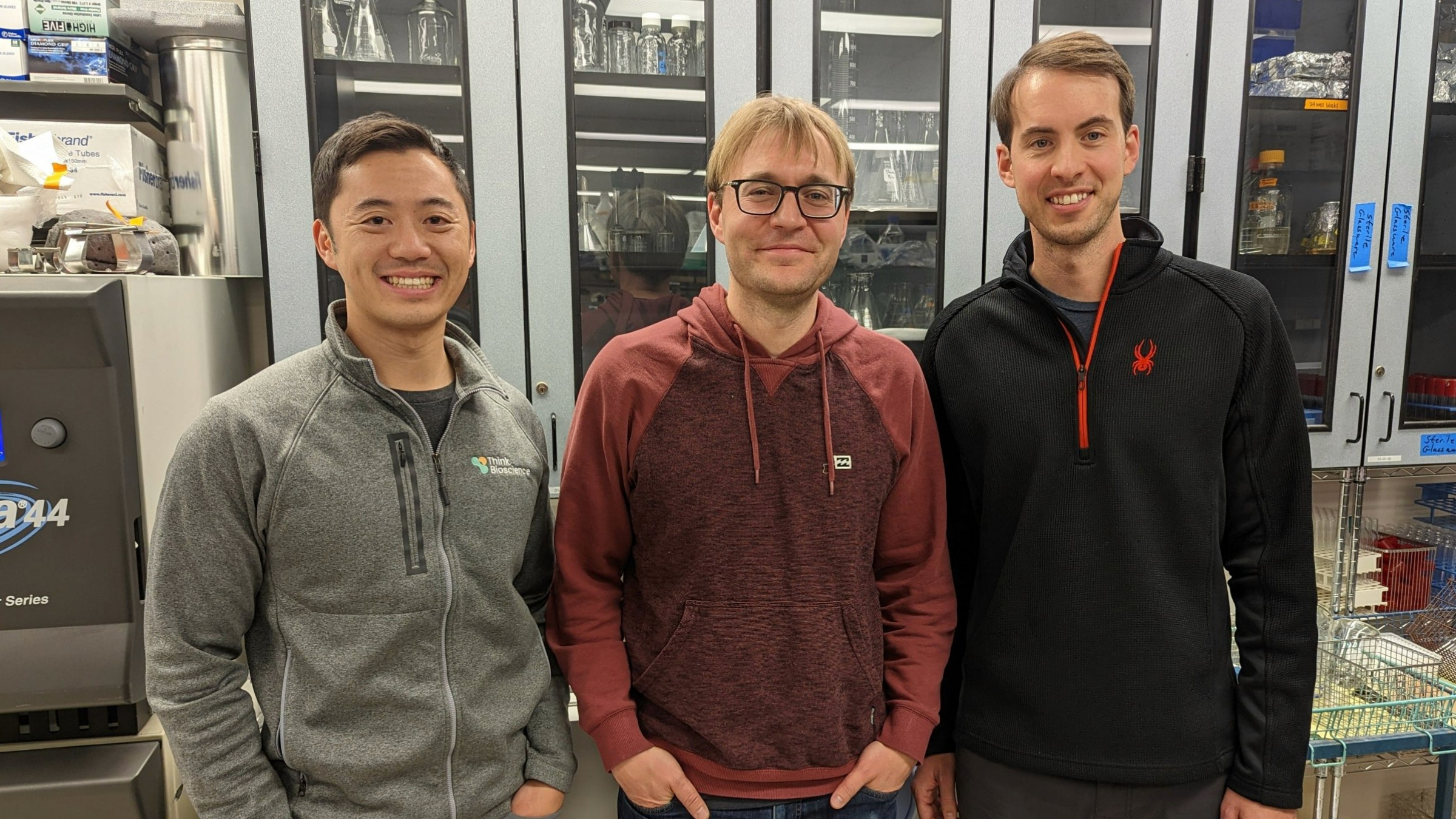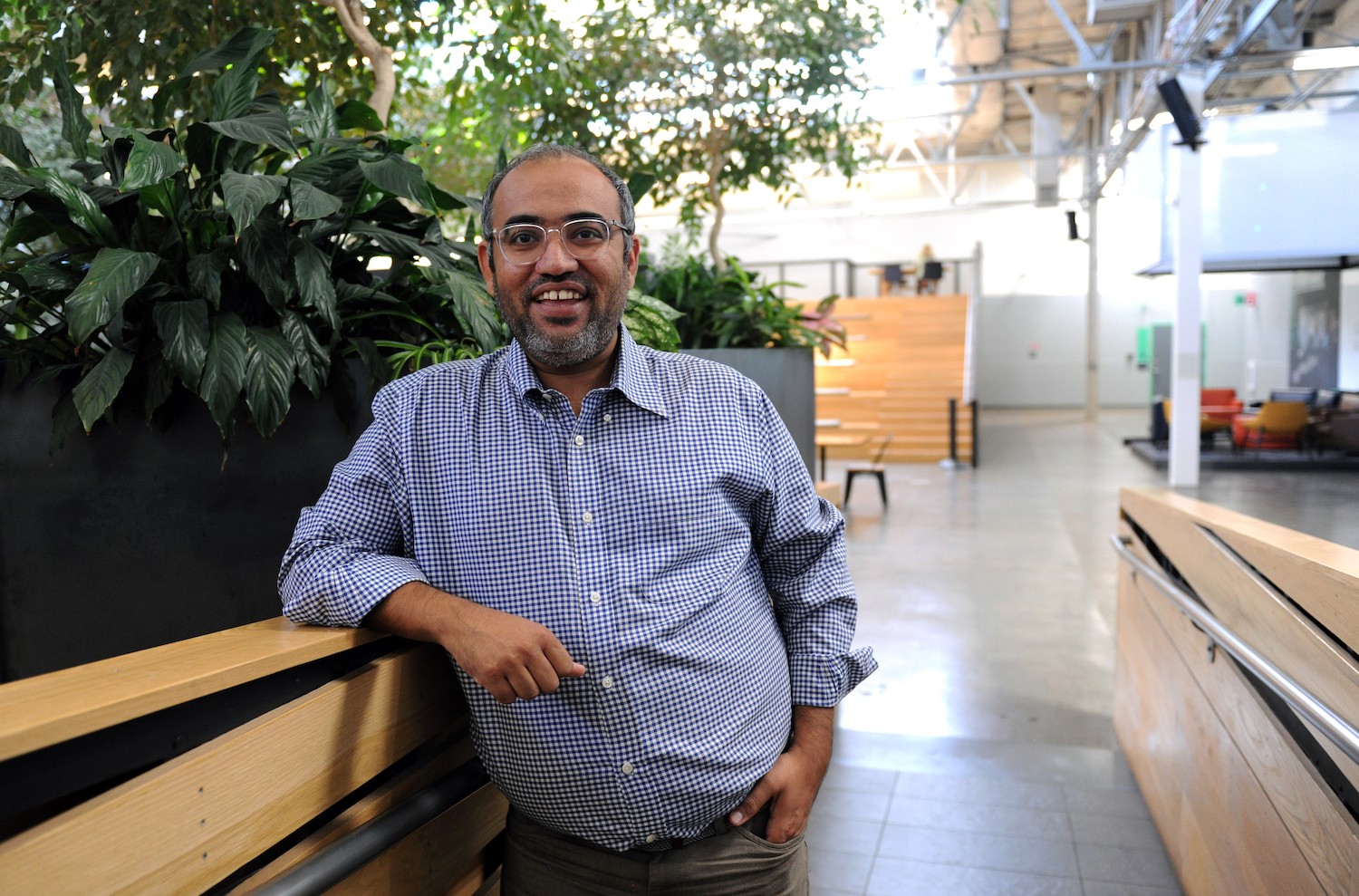Engineered Human Therapies
Engineering the Microbiome: Using Synthetic Biology as the Interface Between Ourselves and our Ecology
The human microbiome is the term used to describe the community of microbes that colonize the human body. Most people don’t appreciate the significance of the microbiome, especially in the United States where we are seemingly obsessive about the use of antibiotics and antimicrobials. We have been taught that bacteria are bad and we should sterilize ourselves to remain healthy, but this is far from the truth. With an increased understanding of our microbiome, thanks in part to the findings of the Human Microbiome Project, we have realized that there are beneficial bacteria and that maintaining a proper microbiome is essential for proper health.Commensal bacteria provide several functions for us, including synthesizing and secreting vitamins, preventing the colonization by pathogens, and stimulating the development of certain tissues. Additionally, metagenomics shows that our microbiomes are very site specific- they vary drastically from place to place on the body, such as on the foot versus on our face. From individual to individual, however, the types of microbes that colonize each site are pretty similar. Because the microbiome is so essential for a person’s health, a perturbation in the microbiome, called dysbiosis, can cause disease states to emerge.Xycrobe Therapeutics focuses on one such area of disease states. Working out of Jansen Labs, a division of Johnson and Johnson, Xycrobe Therapeutics is working with the microbiome of the skin to treat different inflammatory skin diseases such as Acne, Psoriasis and Dermatitis. The skin is the primary barrier between your body and the environment, and is the first line of defense against physical insults and microbial pathogens. Commensal bacteria, fungi and viruses living on the skin have a beneficial effect in protection against pathogens and wound healing. Xycrobes are live microbes that have been engineered to develop and secrete biotherapeutics.Xycrobe Therapeutics is first targeting acne with their Xycrobes. Although acne is a multifaceted disease involving genetic, hormonal, and lifestyle considerations, P. acnes also plays a role. Because P. acnes plays a role, one of the treatments for acne has been antibiotics. However, all the deleterious effects of antibiotics are true for addressing P. acnes as well: it wipes out all the rest of the commensal bacteria, leaving the skin prone to infection, and it promotes antibiotic resistance. Instead, Xycrobe Therapeutics has engineered bacteria already found on the face to produce biotherapeutics that can be delivered directly to the site. The benefits of this approach include site specific treatment of the disease, no interference with the other co-located microbes, and the potential to allow for much smaller amounts of biotherapeutics to be delivered.Osel works to improve women’s health by focusing on the microbiome of the vagina. A dysbiosis in the vagina has been associated with several diseases such as Urinary Tract Infections and Bacterial Vaginosis. Commensal bacteria such as Lactobacillus are present in the vaginal tract. They are responsible for maintaining a low pH of 4-4.5 and for the production of hydrogen peroxide, both of which are crucial to maintaining proper vaginal health by preventing the colonization of pathogens. UTI’s account for about 22 million doctor visits each year in the US and the EU, with 33% of all women developing recurrent infections. Routine UTIs are easy to treat with a short round of antibiotics, but when a woman experiences recurrent UTIs, the multiple rounds of antibiotic treatment can lead to the development of antibiotic resistant strains, which makes treatment successively more difficult.Osel has developed a Live Biotherapeutic Product (LBP) called LACTIN-V, which produces substances that protect and maintain a healthy microbiome. LACTIN-V also adheres to vaginal epithelial cells and antagonizes uropathogenic E. coli, which is responsible for most UTIs. Additionally, it has been shown that maintaining a proper vaginal microbiome is a significant defense against STIs, including HIV. To this end, Osel has bioengineered vaginal lactobacilli to secrete potent HIV inhibitors. This can be an interesting new platform to deliver targeted microbicides to prevent against STIs.As opposed to the above companies, EpiBiome focuses on microbiome deletion tools instead of addition tools. The previous companies focus on adding specially engineered microbes to your existing microbiome in order to maintain a proper microbiome and to prevent dysbiosis, but what happens when you are already infected by a pathogen? Current treatments focus almost exclusively on antibiotics, which we are all aware is leading to the antibiotic apocalypse.EpiBiome is using phage therapy as an alternative to antibiotics to address pathogen colonization. Antibiotics are broad spectrum and non-specific. A treatment regime is disastrous on your health; equate it to using a nuclear bomb to kill a couple ISIS factions hidden in a city. Sure, you’ll kill the factions, but the collateral damage is immense. Instead, wouldn’t it be preferable to use an assassin that will scour the city and root out the specific menaces without touching the rest of the population? That’s the promise that phage therapy delivers.Phage, or Bacteriophage, are viruses that are only able to infect a certain type of bacteria; the phage for Salmonella will only infect Salmonella and the phage for Tuberculosis will only infect Tuberculosis. EpiBiome is leveraging this natural specificity of phage to target the deletion of specific strains within the microbiome, which is useful in the treatment of antibiotic-resistant strains and can replace small molecule antibiotics. Their first two targets are with agriculture and human health. With agriculture, EpiBiome is treating and preventing mastitis, which is an infection of the udder tissue. By using phage instead of antibiotics, there will be no antibiotic residues left in the milk. With Human Health, EpiBiome is targeting enterotoxigenic E. coli, which are the specific strains that cause diarrhea. EpiBiome has attracted the attention of the Bill and Melinda Gates Foundation, which demonstrates its high potential to address not only disease prevention but also antibiotic abuse.Synlogic is taking a different approach towards working with the microbiome. Instead of trying to modulate the populations of microbes to maintain health or treat disease, Synlogic is leveraging the capabilities of the microbes themselves to sense their environment and respond to it by engineering the microbes with specific genetic circuits. Genetic circuits are logic functions written in the DNA that will activate or deactivate certain genes or metabolic pathways based on certain external stimuli.In this particular case, Synlogic has identified two metabolic diseases, Urea Cycle Disorder (UCD) and Phenylketonuria (PKU), that result in the accumulation of two metabolites, ammonia and Phenylalanine, respectively. Because these are metabolic diseases, meaning there is a defunct gene that is crucial for the conversion of the metabolites, treatment is extremely difficult. With UCD, the best course of treatment is a liver transplant, and with PKU, the affected individual must maintain a very low protein diet for the entirety of their lives or risk developing severe mental retardation and other central nervous system disorder. Using microbes with engineered genetic circuits, Synlogic’s synthetic biotics can convert a diseased organ state to a healthy state by leveraging the microbiome to shift a person’s metabolic functions throughout the body.As is now apparent, understanding the microbiome and the role it plays in health has opened up a whole new paradigm towards treating disease states. Just like everything else in nature, we must live in harmony with our ecology in order to optimize our well being. Synthetic biology provides this much needed interface between ourselves and our ecology.




















